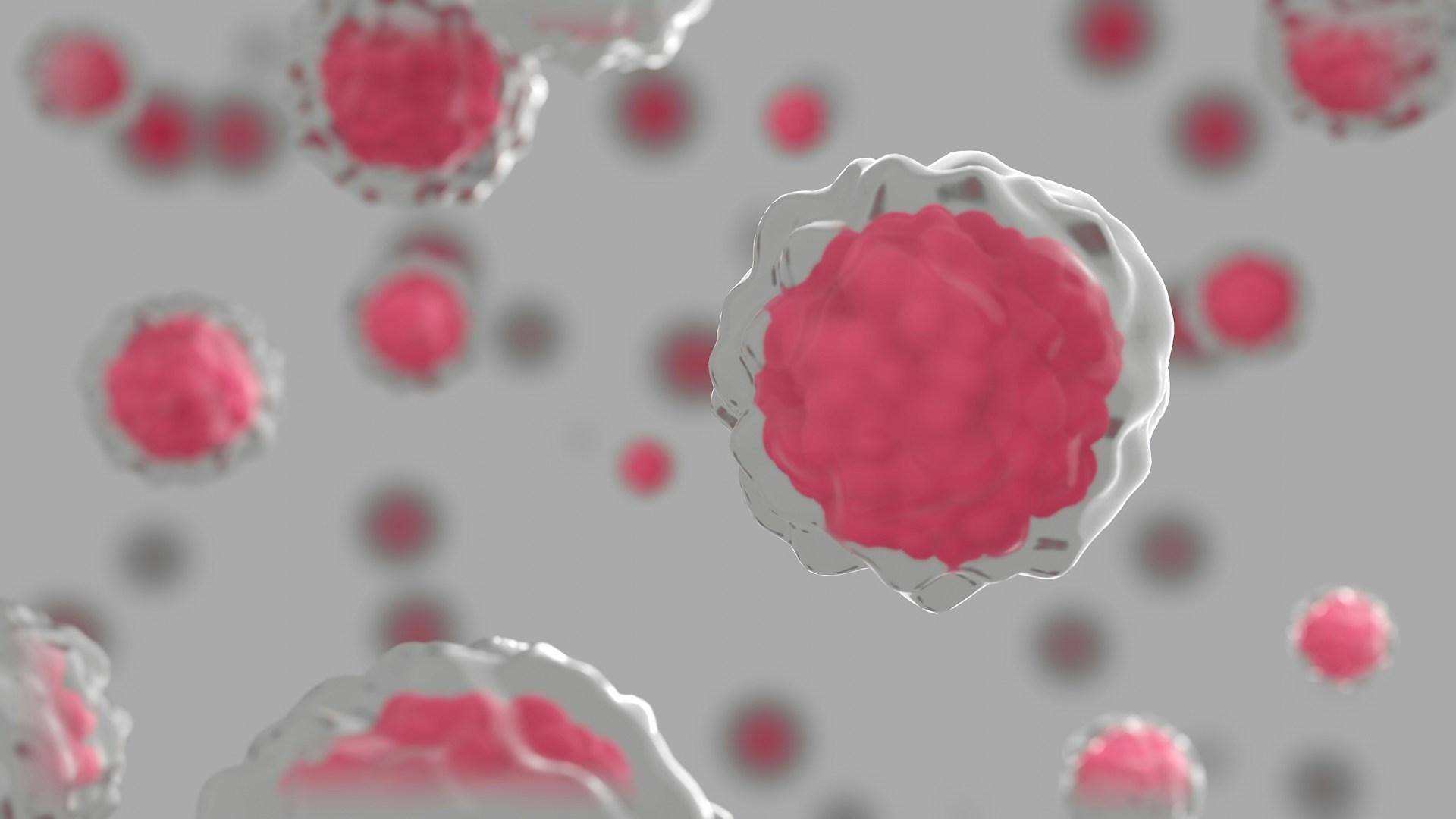Surviving cancer is a monumental achievement, but the journey doesn’t end once treatment is over. Cancer and its treatments can bring about a variety of physical changes that can affect your body long after remission. Understanding these changes is crucial for adapting and thriving in your post-cancer life.
This guide aims to provide cancer survivors with valuable insights into how cancer impacts their bodies and offers strategies for coping and improving their quality of life.
Contents
The Impact on Vital Organs and Body Systems
Cancer and its treatments can affect nearly every part of your body. Here’s a closer look at how various organs and systems might be impacted:
Cardiovascular System
Certain cancer treatments, like chemotherapy and radiation therapy, can have lasting effects on the heart and blood vessels. This can lead to cardiovascular complications such as hypertension, heart failure, and increased risk of heart disease. Regular cardiovascular monitoring and adopting a heart-healthy lifestyle are essential steps for mitigating these risks.
Respiratory System
Lung cancer or treatments like radiation to the chest area can lead to respiratory issues such as shortness of breath, reduced lung capacity, and an increased risk of lung infections. Pulmonary rehabilitation programs can help improve lung function and overall respiratory health.
Digestive System
Gastrointestinal cancers and some cancer treatments can affect your digestive system, leading to issues like nausea, loss of appetite, diarrhea, or constipation. Managing these symptoms involves dietary adjustments, medication, and sometimes, specialized nutritional support.
Immune System
Cancer itself and treatments like chemotherapy can weaken your immune system, making you more susceptible to infections. Immunotherapy for cancer has shown promise in helping boost the immune response, offering a new avenue for treatment and recovery.
Skeletal System
Bone density can be adversely affected by certain cancer treatments, increasing the risk of osteoporosis and fractures. Weight-bearing exercises, adequate calcium and vitamin D intake, and medications can help maintain bone health.
The Psychological Toll: Coping with Body Image and Self-Esteem
The physical changes brought on by cancer can also take a significant psychological toll. Many survivors struggle with body image issues and self-esteem due to scars, hair loss, weight fluctuations, or changes in physical ability. Here are some strategies to cope with these challenges:
Counseling and Therapy
Talking to a mental health professional can provide invaluable support for dealing with body image concerns and emotional distress. Cognitive-behavioral therapy (CBT) and support groups are effective ways to process these feelings.
Mindfulness and Meditation
Mindfulness practices and meditation can help you stay grounded and foster a positive relationship with your body. Techniques such as deep breathing, yoga, and guided imagery can reduce stress and improve mental well-being.
Self-Compassion
Cultivating self-compassion involves treating yourself with the same kindness and understanding you would offer a friend. Recognize that your body has been through a lot and that it’s okay to feel a range of emotions about these changes.
Strategies to Manage and Adapt to Post-Cancer Body Changes
Adapting to a post-cancer body requires a combination of medical interventions, lifestyle adjustments, and psychological support. Here are some strategies to consider:
Rehabilitation Programs
Physical therapy, occupational therapy, and speech therapy can help you regain strength, improve mobility, and enhance your quality of life. These programs are tailored to address the specific challenges you face post-treatment.
Exercise and Physical Activity
Regular physical activity is crucial for maintaining overall health and managing many of the side effects of cancer treatment. Exercise can help reduce fatigue, improve cardiovascular health, and boost your mood.
Nutritional Support
A balanced diet rich in fruits, vegetables, lean proteins, and whole grains supports your body’s healing process and overall well-being. Consulting with a dietitian can help you develop a personalized nutrition plan.
The Importance of a Healthy Lifestyle Post-Treatment
Adopting a healthy lifestyle is paramount for cancer survivors. This not only aids in recovery but also reduces the risk of recurrence and other chronic diseases. Here are some key components:
Regular Check-ups
Routine medical check-ups and screenings are essential for monitoring your health and catching any potential issues early. Follow your healthcare provider’s recommendations for follow-up care.
Stress Management
Chronic stress can negatively impact your health. Techniques such as meditation, deep breathing exercises, and hobbies can help manage stress levels.
Avoiding Tobacco and Limiting Alcohol
Quitting smoking and limiting alcohol intake are crucial steps in reducing the risk of cancer recurrence and improving overall health.
Staying Informed
Stay updated on the latest advancements in cancer treatment and survivor care. Emerging treatments, such as immunotherapy for cancer, offer new hope and options for long-term health.
Conclusion
Cancer survivors face unique challenges, but understanding the physical changes and learning how to manage them can lead to a fulfilling and healthy life. By adopting a proactive approach to health and wellness, you can embrace your new normal with confidence and resilience.
Remember, you are not alone. Reach out to your healthcare team, support groups, and loved ones for support and guidance as you navigate this new chapter. Your journey has made you stronger, and with the right resources and mindset, you can thrive in your post-cancer life.





